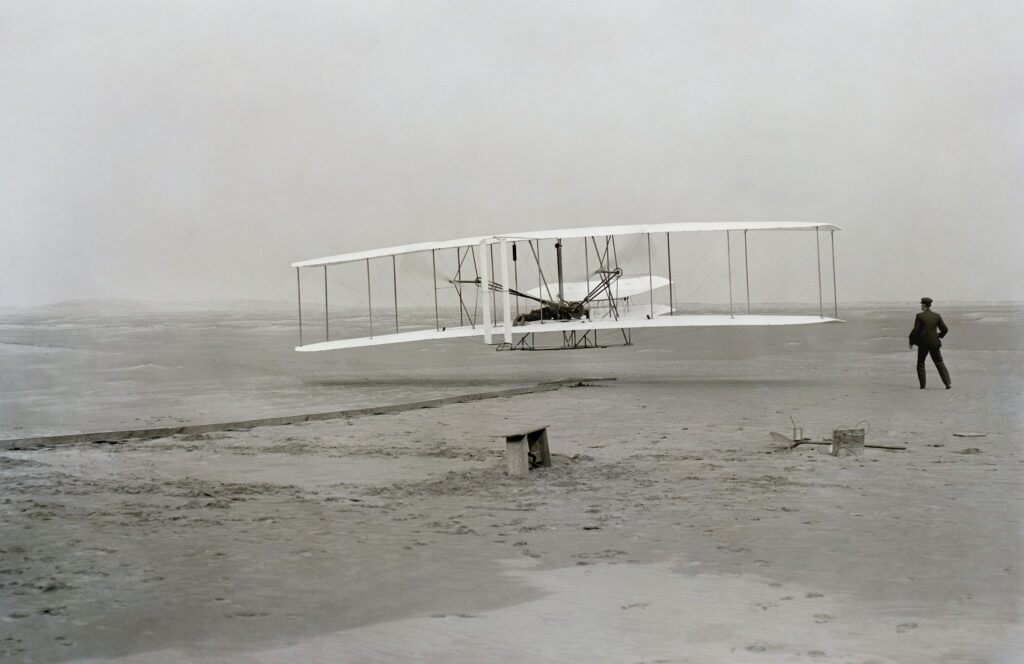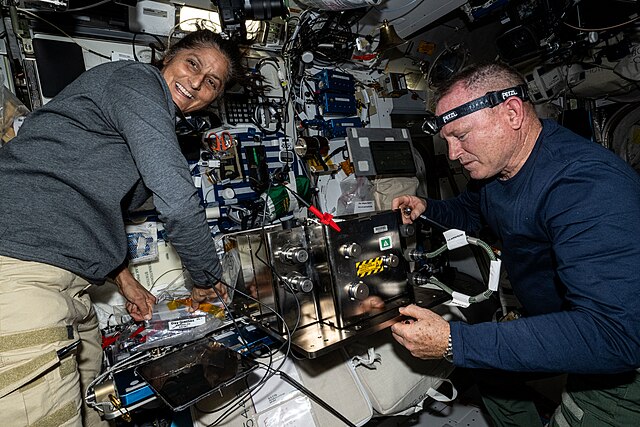In honor of Black History Month, Evergreen Aviation & Space Museum is celebrating The Life & Times of Bessie Coleman the first ever Black woman and Native American descendant pilot. We are excited to host Coleman’s great-niece, Gigi Coleman, who will give a live theatrical performance of Coleman’s life story at a special event on February 15th and at a 1-Day Barnstormer Camp on February 16th.
Early Life
Bessie Coleman was born in Atlanta, Texas, on January 26, 1892, as the tenth of her parents 13 children. Life for the Colemans was difficult. Coleman’s mother, Susan, was a maid, and her father, George, was a sharecropper. To earn extra money, Coleman helped her mother pick cotton and wash laundry. While Coleman walked four miles to school everyday without adequate school supplies, she still graduated from eighth grade.
When she was 18, Coleman attended a semester of college at the Colored Agricultural and Normal University (now Langston University) in Langston, Oklahoma. However, Coleman could only afford one semester.
Receiving Her Pilot’s License
In 1915, during the Great Migration, Coleman moved to Chicago to live with her brothers. Her brothers served in France during WWI and told her stories of their time there. Coleman was inspired by their stories of women flying planes. At the time, women and African Americans weren’t allowed into flight school in America.
Coleman consulted Robert Abbot the African American owner of the Chicago Defender. Abbott was inspired by her dream to be the first female African American pilot, and sponsored her night classes so she could learn French and eventually attend aviation school in France. Coleman was accepted into the Caudron Brothers’ School of Aviation in Le Crotoy, France, and on June 15, 1921, became the first ever African American woman and Native American descendent to earn an international pilot’s license.
Coleman’s Legacy
After receiving her international pilot’s license, Coleman returned to the States, where she was an instantaneous success. She became well known in both America and Europe for her barnstorming performances across the country. She encouraged women and African Americans to learn how to fly and was known for speaking out against racism. In fact, Coleman refused to perform or speak in places that were segregated or discriminatory.
Although she suffered from a plane crash in February 1923, Coleman remained steadfast in her mission to inspire others. She fully healed and returned to flying two years later, fulfilling her lifelong dream of purchasing and owning her own personal plane.
Coleman’s fatal crash occurred during a test flight on April 30, 1926, when a loose wrench got stuck in the engine of the plane. It was not Coleman flying the plane, but mechanic William Wills.
In 1929, friend and aviation pioneer, William Powell, opened the Bessie Coleman Aero Club, fulfilling Coleman’s dream of opening a flight school for African American pilots. This club inspired famous African American aviators such as the Tuskagee Airmen, and Merryl Tengesdal, a retired Air-Force Colonel and the first and only African American female to fly the U-2 spy plane.
Coleman’s story reminds us to reach for the stars and never give up on our dreams. The museum is thrilled to welcome Coleman’s great-niece, Gigi Coleman, who will be recreating Coleman’s life story in two, live, theatrical performances on Feb. 15th and 16th. We hope you will join us to celebrate the life and times of Bessie Coleman, the first Black woman and Native American descendant pilot at one of our two outstanding events.
The Life & Times of Bessie Coleman
WHEN: Feb. 15th 6:00PM – 7:00PM
WHERE: Evergreen Theater
PRICE: Free to Museum Members. $10 General Admission
1-Day Barnstormer Camp
WHEN: Feb. 16th 10:00AM – 3:00PM
WHERE: Evergreen Aviation Museum
PRICE: $40 General Admission




